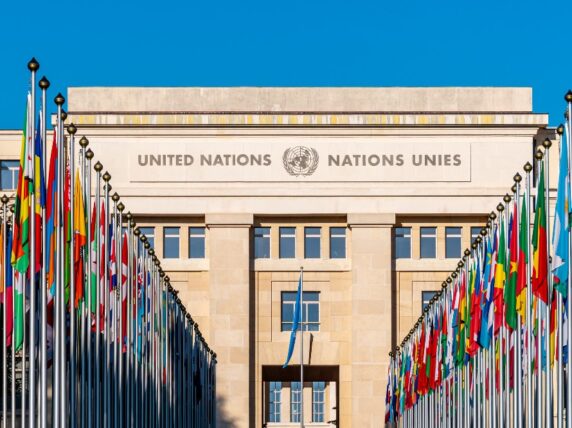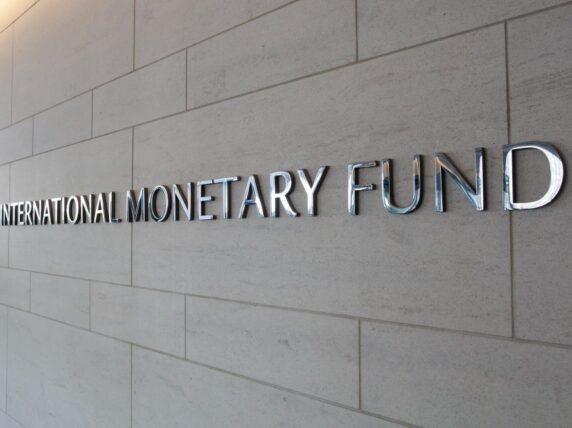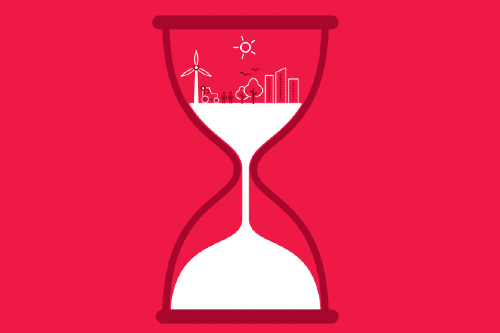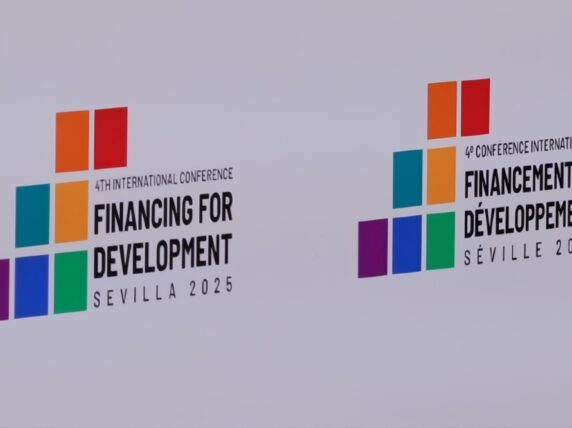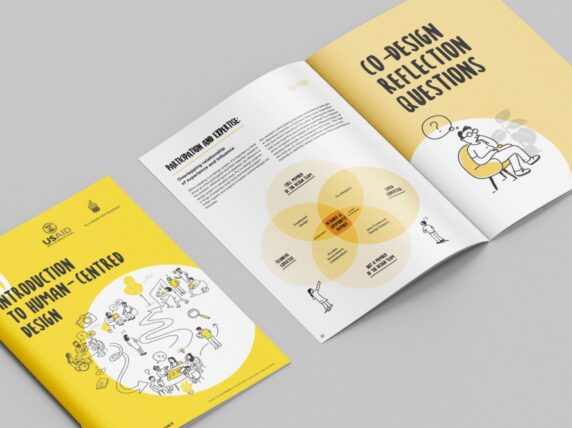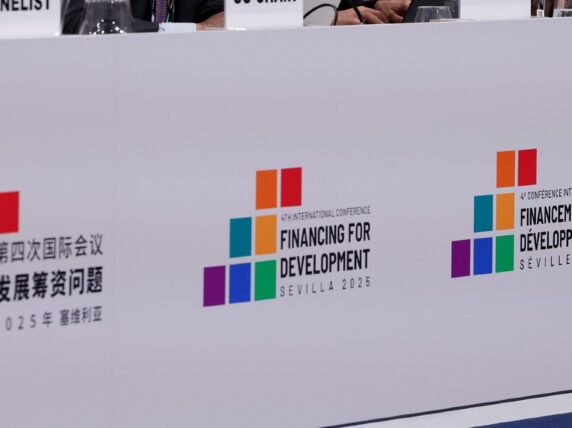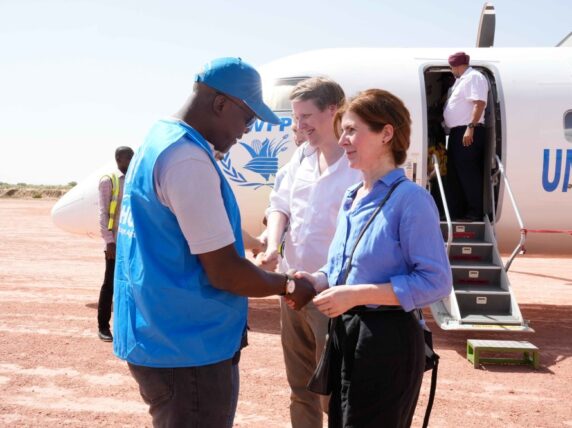The UN Tax Convention negotiations begin next week. If successful, the convention would mark the beginning of a new era of international tax justice – one where wealth is no longer hoarded by a tiny elite while billions go without the basics. War on Want’s Nuri Syed Corser tells us more.
Ahead of the International Monetary Fund (IMF) and World Bank Annual meetings, which start on 13 October, The Bretton Woods Project has launched a new website analysing IMF surveillance from the last 15 years. Tara Povey takes us through what they’ve discovered.
As Bond publishes a comprehensive review of BII’s evolution over the last 10 to 15 years, we look at how much the organisation has changed – and where more work is needed.
Jaleh Saboktakin from Crown Agents Bank on what needs to change within global financial systems to ensure the money pledged at the Financing for Development conference has maximum impact.
In a time of constrained resources and rising need, AKF’s new guide offers a flexible blueprint for community-led innovation and sustainable impact
Last week, Bond and more than 20 of our members, travelled to Seville alongside government, UN, global civil society and business representatives for the Fourth International Financing for Development Conference (FfD4). Here, Alex Farley, Sandra Martinsone and our members take us through the events of the conference.
Baroness Chapman appeared for the first time in front of the International Development Committee last week to lay out some of her priorities following the Prime Minister and Chancellor’s short-sighted decision to cut UK ODA. So, what did we learn?
When economic inequality, hunger and malnutrition exist and seem like an unchangeable reality, one truth is clear: access to financial services and livelihoods has the power to change everything.
There is an emerging paradigm change of aid architecture, which takes the public debate to a new level, questioning role, purpose and legitimacy of aid, institutions, INGOs and even the very concept of development. How do we move beyond fixing the broken system and reimagine a new one?

